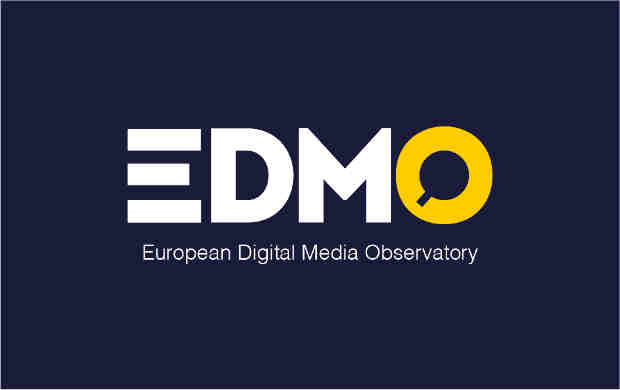European Digital Media Observatory to Tackle Disinformation
The European Digital Media Observatory (EDMO) project – led by the European University Institute in Florence (Italy) – has started its activities on 1 June 2020. The project will support the creation and work of a multidisciplinary community composed of fact-checkers, academic researchers, and other relevant stakeholders.
It will collaborate with media organizations and media literacy experts to better understand and limit the phenomenon of disinformation and increase societal resilience to it.
The EDMO consortium includes the Athens Technology Center (Greece), Aarhus University (Denmark), and the fact-checking organization Pagella Politica (Italy).
The project is funded through the Connect Europe Facility financing programme. The consortium was awarded EUR 2.5 million, from a call launched in October 2019, and was selected from among seven applicants.
| Download All Issues of Covid Health Bulletin | ||
| April 16-30, 2020 | May 1-15, 2020 | May 16-31, 2020 |
| June 1-15, 2020 | ||
EDMO will contribute to a deeper understanding of disinformation relevant actors, vectors, tools, methods, dissemination dynamics, prioritized targets and impact on society.
The European Digital Media Observatory aims to become the European hub to fight online disinformation. It will pool resources, provide tools and networking instruments, and create a safe harbour for data access to fact-checkers and researchers who work to debunk, expose, understand and analyze disinformation activities, trends, and techniques online.
A second phase of the project will aim at creating national / regional digital media research hubs across Europe. Funding will be made available through a EUR 9 million call for proposals through CEF that will be launched later during the year.
The creation of the Observatory is one of the elements in the Commission’s detailed Action Plan against disinformation. The plan aims to reinforce capabilities and strengthen cooperation between Member States and the EU in four key areas: improving detection, coordinating responses, working with online platforms and industry, raising awareness, and empower citizens to respond to disinformation online.












